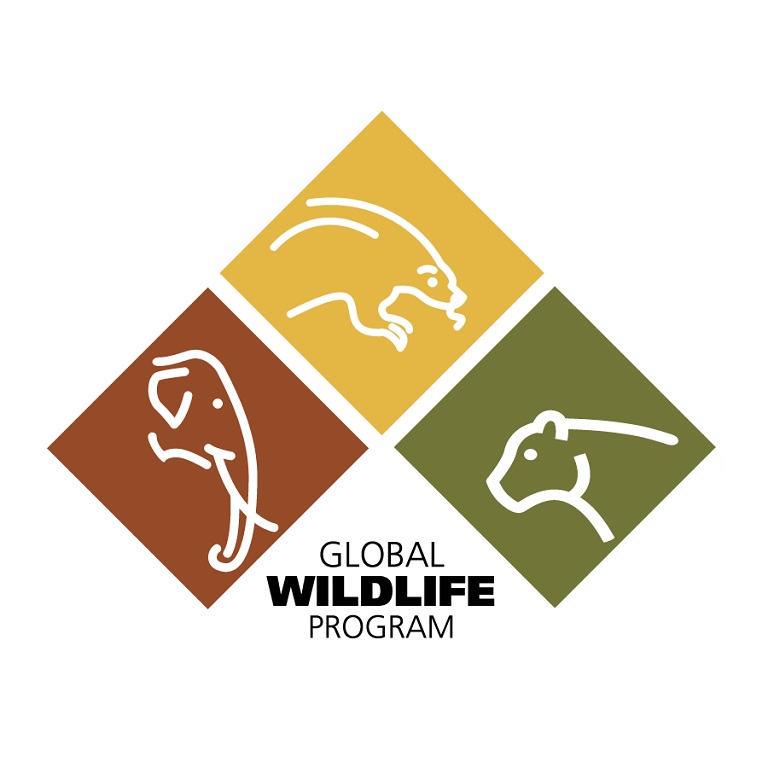This virtual workshop, led by GWP Technical Advisor on Law Enforcement, Sal Amato, brought together over 35 representatives across GWP projects, international NGOs and ICCWC partners to further discussion and learning in national and sub-national level inter-agency coordination to combat wildlife trafficking.
Key takeaways
GWP lessons and experiences:
Recurrent challenges, experiences and recommendations that have a law enforcement inter-agency component were highlighted under five key thematic areas:
- Membership: Effectively addressing wildlife crime and trafficking requires a well-coordinated multi-agency approach including Wildlife Authorities, National Police, Customs, Prosecutors, and Judiciary.
- Governance: Equally important is determining how the mechanism will be governed, including an oversight body, a functioning secretariat, and a chair or lead agency.
- Communication: Established coordination mechanisms should meet and communicate regularly.
- Resources: Coordination mechanisms must have access to sustained funding to support their functioning, projects, and events.
- Effectiveness: Law enforcement inter-agency coordination mechanisms should produce tangible results.
Group Discussions:
Two group discussions were held to deep-dive into sharing lessons learned and recommendations. The GWP Thailand Project “Combating Illegal Wildlife Trade, focusing on Ivory, Rhino Horn, Tiger and Pangolins” introduced the group focusing on membership and governance, and the GWP India Project “Securing Livelihoods, Conservation,Sustainable Use and Restoration of High Range Himalayan Ecosystems (SECURE) Himalayas” introduced the group discussion on communication, resources, and effectiveness.
The insights shared during the workshop contributed to the development of the GWP guidance note on lessons learned and good practices in strengthening national inter-agency coordination to combat wildlife trafficking. Click here to access the resource.
Lessons from beyond the GWP:
- Carla Natalia Suarez Jurado, Regional Focal Point LAC at UNODC, presented a case study of a successful national inter-agency platform to combat environmental crime in Peru. The presentation highlighted how the platform was initially established, how they managed to leverage authorities’ interest, and main outputs/accomplishments of the platform to date.
- Edward van Asch, CITES Secretariat, presented on Wildlife Enforcement Networks (WENs) and other platforms in place, such as the INTERPOL Wildlife Crime Working Group and the UNODC Wildlife Inter-Regional Enforcement (WIRE) meetings, which operate at a global level. The presentation also emphasized the importance of involving all necessary government agencies, including the financial sector, in these networks from the beginning. Additionally, the presentation mentioned tools and resources such as the ICCWC Indicator Framework and ICCWC Analytic Toolkit that have been developed to help combat wildlife crime.

